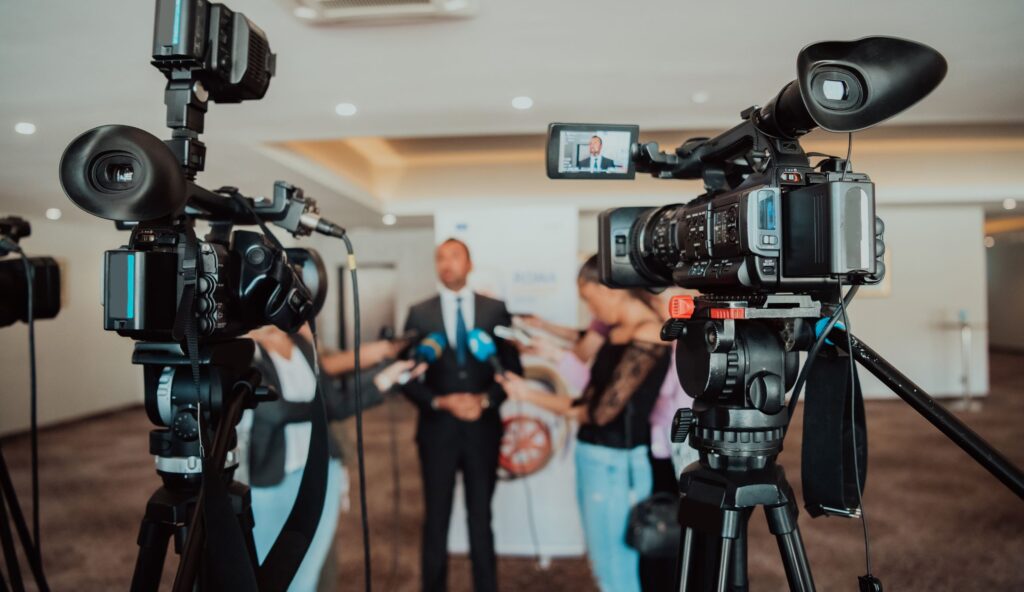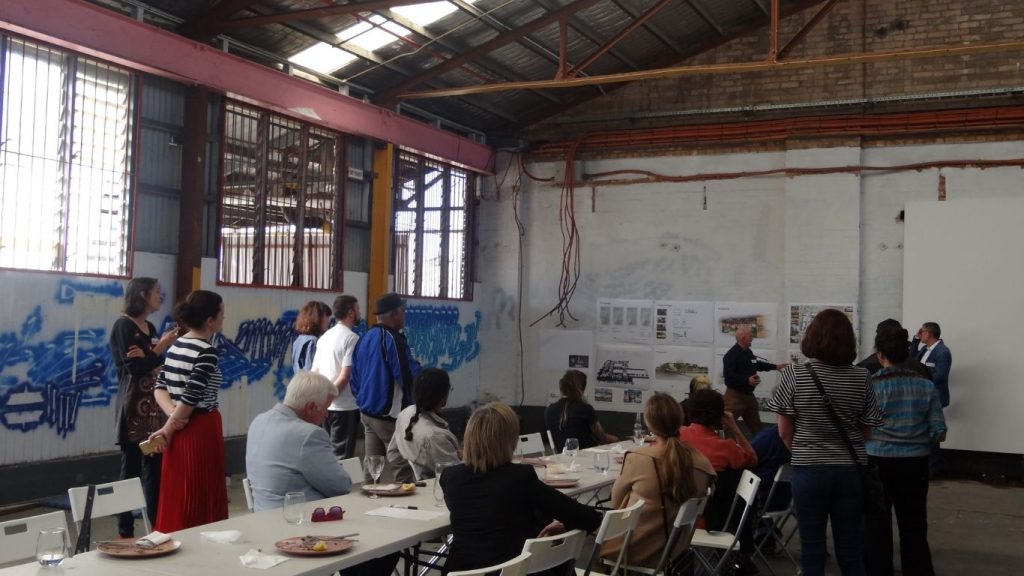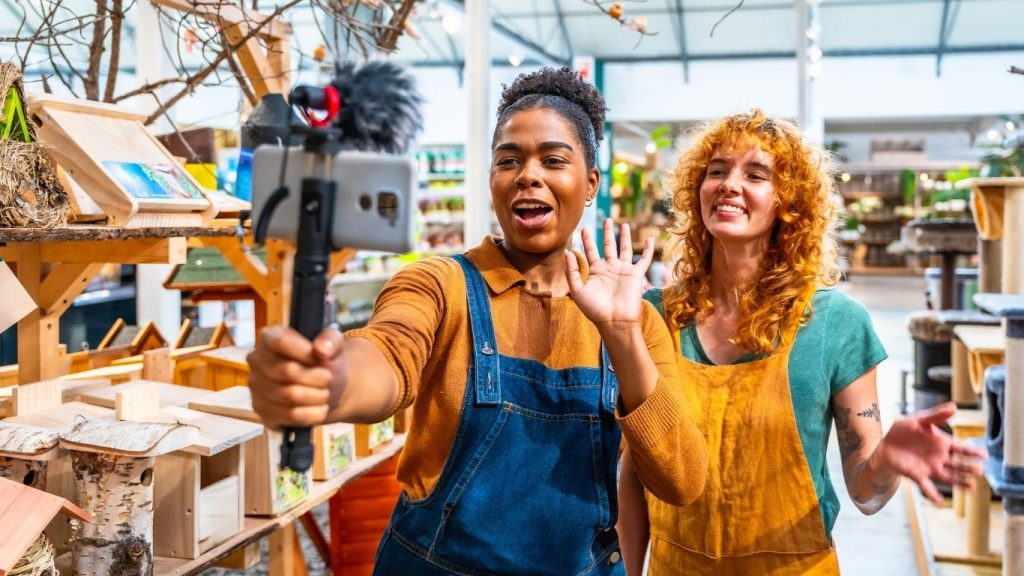How many media interviews have you seen that are best described as awkward, embarrassing or even humiliating?
Perhaps you’ve cringed while watching a CEO come across as insincere in a crisis. Maybe you’ve watched in horror as a business leader turns evasive in the face of relatively simple questions or a company spokesperson fidgets uncontrollably on camera.
The unfortunate reality is media interviews can and do go completely wrong. But it’s a risk you can mitigate if you undergo media training in advance.
What is media training and who needs it?
Media training equips you with the skills and confidence to nail any press interview.
It essentially teaches you what to say and how to say it, drawing on techniques to shape a narrative, effectively convey your message, handle tough questions and topics, and lay a foundation for future media exposure.
Media training is a must for anyone whose role or brand has, or may soon have, a public profile. This includes executives, industry experts, spokespeople for an organisation, business owners, and startup founders.
Fronting the media – whether that’s TV, radio, print or online – is a priceless opportunity to enhance public awareness of your brand and bolster your connections with customers, stakeholders, partners, employees and even potential investors.
But media interviews can be daunting, especially if you aren’t used to the limelight, or you or your organisation are dealing with a crisis.
Regardless of whether you are being sought for news commentary or pursuing proactive opportunities, effective media training will ensure you can tell your story in a clear and engaging way. If you are given the opportunity at a profiling piece, then it’s incumbent on you to help make it a good story.
And, just as importantly, media training will help you prepare for any tricky questions and avoid mistakes that may damage your brand’s reputation.
What’s involved?
During a media training session, you will be put through your paces in front of a video camera as you’re probed with all the questions a journalist is likely to ask.
A team of experts will draw on their extensive media experience to upskill you in delivering a compelling interview that is on brand and on message while also delivering exactly what journalists are after.
They will work with you to craft a set of key messages to ensure you say all the right things and sharpen your speaking skills so you come across as genuine and engaging.
Crucially, an expert-led media training session will also show you how to navigate tricky questions and avoid common interview pitfalls such as fidgeting, staring blankly into the camera, or divulging information you don’t want to share.
Afterwards, you’ll feel confident you need to handle all interview scenarios with confidence – even when you’re being grilled.
An integral part of your PR strategy
In an era where reputations can literally be made – or broken – in a matter of seconds, media training is one of the most important things a company can invest in.
It should be an integral part of an organisation’s PR strategy, never an optional add-on. And it needs to be included as part of any crisis communications strategy.
For larger organisations, it’s good practice to make expert-led media training sessions regularly available to all executives and key personnel who may act as a spokesperson.
And remember, media training isn’t a case of one and done. It’s important to schedule regular sessions, including shortly before a media appearance, to ensure your presenting skills and messaging remain on point.
Bespoken’s team of highly experienced former journalists are masters at delivering media training. This includes media training for executives, crisis communications training, and tailored sessions for individuals preparing for their first media interviews and engagement.
Get in touch with us today to discover how we can help.



